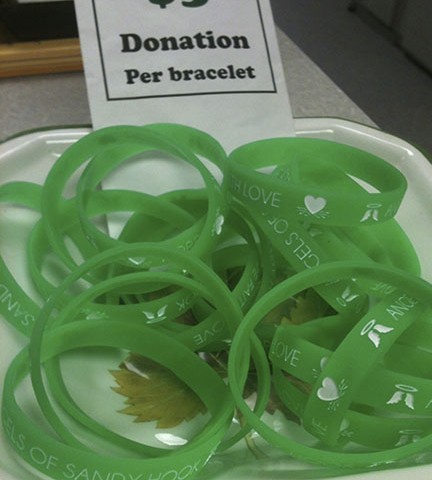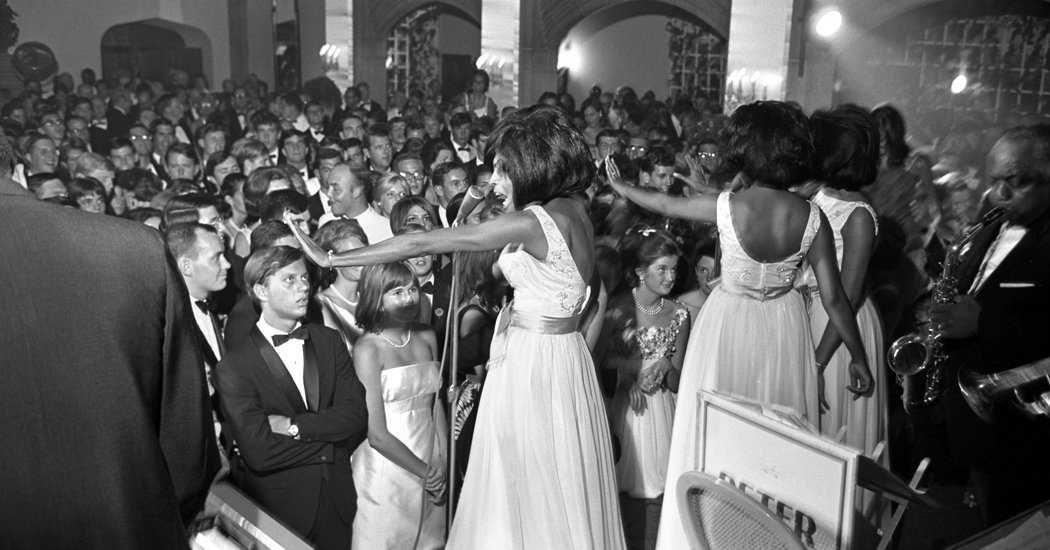A year ago today the country watched in shock as news of the shootings at Sandy Hook Elementary School unfolded. As we mark that day, many of us who work with children still struggle to find what to say to them about this tragic day. How do we explain and comfort children after events like the tragedy in Newtown, or Hurricane Sandy, or the bombing at the Boston Marathon?
There is, of course, no single right answer. Yet fortunately, many wise suggestions are to be found from psychologists, counselors, parents, teachers, and the children themselves.
In the current issue of Teachers & Writers Magazine, I write about being invited by teachers to visit an elementary school in Newtown, Connecticut, last year as part of their efforts to help students deal with the tragic event that had happened so nearby. Children often process events and information differently than adults might expect. Great teachers know that you need to observe and listen to children, in order to discover what they need. Mrs. A, the teacher in one of the classes I visited, had a lot of watching and listening to do that school year.
In the weeks after the event, she noticed that her students would often spontaneously begin talking about the shootings, frequently referring to them as, “12/14, or December 14th.” This made sense, as posters, t-shirts, adults, and the news media had been using the date as a shorthand for the tragedy, much like “9/11” or “September 11th” has come to represent the Twin Towers tragedy. One particular child, whose mood had been worsening since the return to school, would wilt each time the other kids mentioned the date. Mrs. A. quickly realized that December 14th had a different significance for him: it was his birthday. The date, 12/14, which had always meant joy and celebration to him was now consistently being spoken of with sorrow, confusion, and anger by his classmates and the adults around him. Mrs. A realized they needed to discuss the day in a different way.
The next day she had her class face the windows in the direction of the nearby Sandy Hook Elementary school. “Everybody remembers what happened there on December 14th,” she told them, “and it’s important that you talk about what you remember. But it’s also important to remember what else happened on that same day.” She told the children to do a 180° turn so that they faced the opposite direction, and to try to remember what else happened in their lives on December 14th. The kids sat in a circle and shared memories they had of that day. They remembered being together in school, building a ship out of Legos, playing with each other during recess, eating a really good sandwich at lunch, and celebrating their classmate’s birthday. The birthday child smiled.
After this, Mrs. A. noticed a change in the way the kids talked about the tragedy., While they continued to struggle with their emotions in many ways, they began to understand that although the tragedy was a part of their lives, it did not have to take over their world.
Sometimes a small shift in language can have a big effect on our perspective. I’ve shared Mrs. A’s tactic with other parents and teachers who have found it useful as they grapple with how to talk to children about the days that are the most difficult to understand. What do we say to children about the tragic event that happened on this day? There is still no single right answer, but I think it’s a great suggestion to start by listening, and by allowing and encouraging kids to remember the rest of the day too.
For more information and resources on talking to kids about tragedy, check out the following link:
How to introduce young children to “September 11th”
From the special edition of T&W Magazine about Writing through Trauma:
Reading and Critiquing Trauma Memoirs
Writing Through Trauma: Writing In The Wake of September 11
Caron Levis’ picture book, Stuck with the Blooz (Houghton Mifflin Harcourt 2012), was listed as one of Bank Street College’s Best Children’s Books of the Year. She teaches social/emotional, communication, and literacy skills through creative writing and drama to kids of all ages. She is a T&W teaching artist, and the advisor and adjunct faculty for the New School University’s Creative Writing for Children MFA program, where she earned her degree.



